Discover comprehensive information for all aspects of sexual health and find resources and guidance to empower your sexual well-being.
Sleep-related painful erection (SRPE) is a rare condition where people get painful erections while they’re…
Discover comprehensive information for all aspects of sexual health and find resources and guidance to empower your sexual well-being.
Sleep-related painful erection (SRPE) is a rare condition where people get painful erections while they’re…
Erectile dysfunction (ED) is a condition that many men face at some point in their…
The pelvic floor muscles are the unsung heroes of our body’s core, providing support to…
Prostate health is a critical concern for men, especially as they age. The prostate gland…
Erectile dysfunction (ED) is a common condition affecting men, often characterized by the inability to…
Erectile dysfunction (ED) is a common condition that affects millions of men worldwide, causing distress…
Commitment issues can often manifest in romantic relationships, work, and other personal or professional spheres.…
Occasionally experiencing acid reflux (heartburn) is common, but some individuals endure burning discomfort, bloating, and belching almost every meal.
The esophageal sphincter, a muscular tube allowing food passage into the stomach and then closing to prevent regurgitation, typically safeguards the esophagus from stomach acid. However, relaxation of the sphincter can lead to food moving upward through the relaxed opening, causing acid reflux.
Apart from medications, lifestyle modifications also play an important role in acid reflux management. Certain foods can help relieve the symptoms of heartburn and improve overall digestive health.
However, some foods increase these symptoms.
Read the article to find the best and worst foods for acid reflux management.
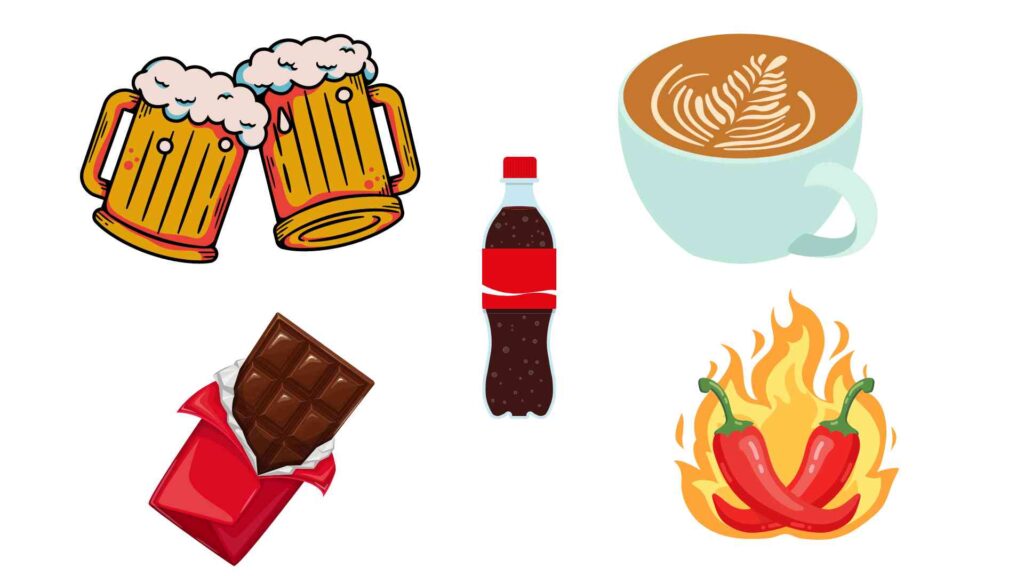
Certain foods, known to trigger heartburn, relax the esophageal sphincter and slow down digestion, causing food to remain in the stomach longer.
The main culprits are:
These foods should be consumed in moderation since eliminating these foods completely might not be feasible or desirable for everyone.
However, it’s wise to avoid consuming them close to bedtime to prevent them from lingering in the stomach and causing reflux when lying down.
Opting for smaller, more frequent meals over larger ones and steering clear of late-night dinners and snacks is also recommended.
The foods that reduce heartburn symptoms can fall into the following categories:
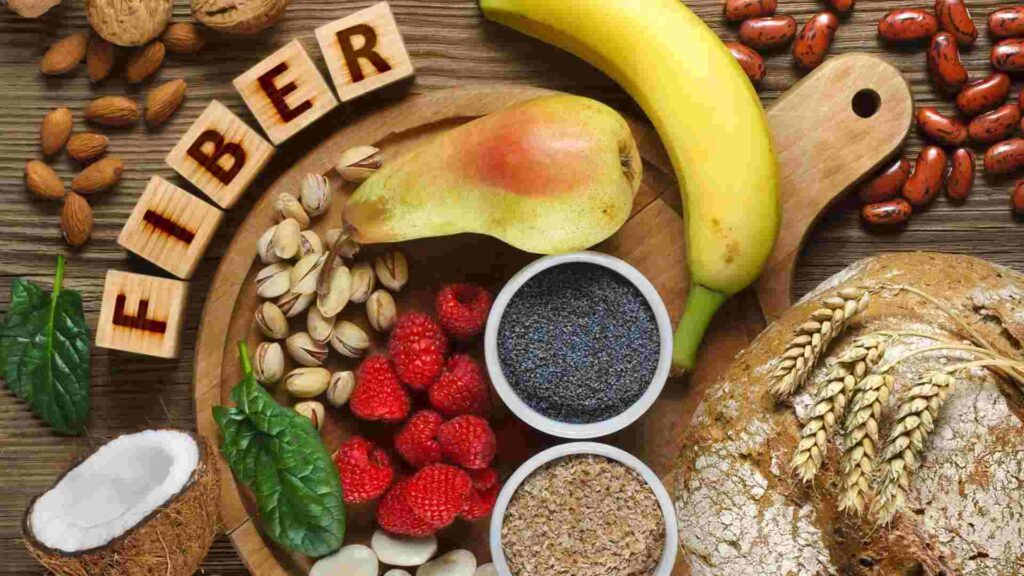
Eating fibrous foods helps you feel full, reducing the likelihood of overeating, and possibly leading to heartburn. Include these healthy fiber-rich options in your diet:
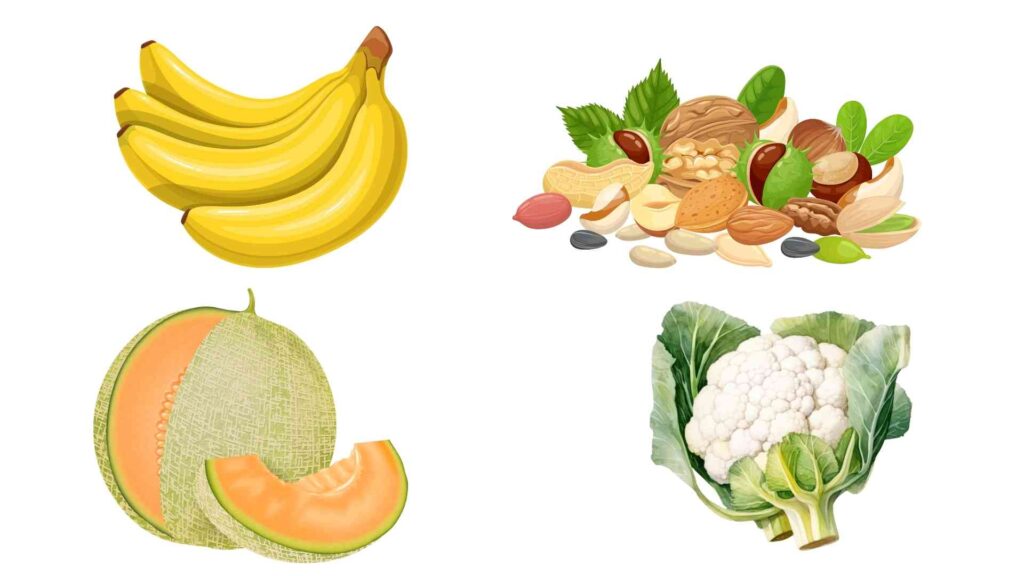
Foods vary in acidity, measured on the pH scale. Those with low pH are acidic and more prone to causing reflux, while those with higher pH are alkaline and can counteract strong stomach acid.
Alkaline foods include bananas, melons, cauliflower, fennel, and nuts.
Marshmallow root and slippery elm contain mucilage, which can form a gel-like coating on the esophageal and stomach lining. This coating acts as a barrier against acid.
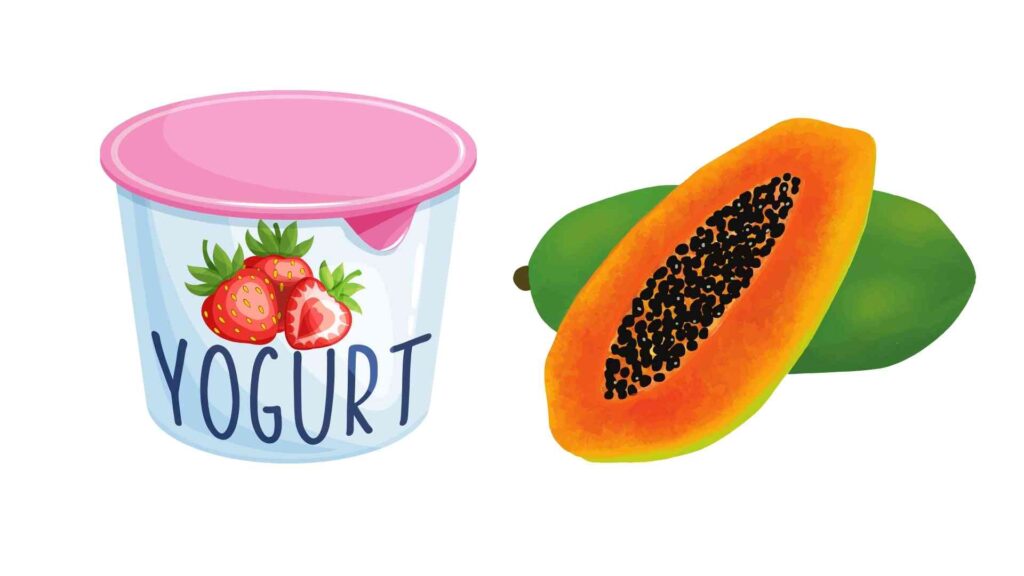
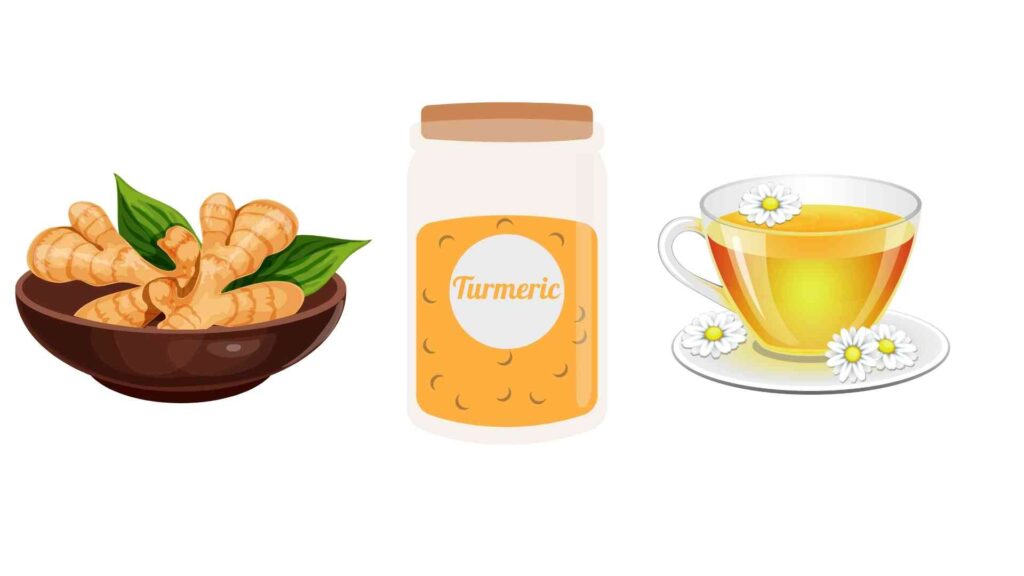
None of these foods can cure GERD or acid reflux, and what works for one person may not work for another. Your food choices will ultimately depend on how they affect you individually.
Related: Best Home Remedies For Heartburn
In addition to dietary adjustments, certain lifestyle choices and medications can help manage acid reflux:
If symptoms persist or become severe, consulting a doctor is advisable. They can prescribe medication or provide more personalized dietary recommendations.
No specific diet has been definitively shown to treat acid reflux. However, certain foods might alleviate symptoms for some individuals.
If you’re unsure about incorporating certain foods into your diet, it’s best to consult with a doctor. What helps one person’s acid reflux symptoms might worsen them for another.
A doctor or registered dietitian can assist in crafting a dietary plan tailored to manage your specific symptoms.
References
Dr. Nishtha, a medical doctor holding both an MBBS and an MD in Biochemistry, possesses a profound passion for nutrition and wellness. Her personal journey, marked by significant struggles with physical and mental health, has endowed her with a unique empathy and insight into the challenges countless individuals face. Driven by her own experiences, she leverages her background to offer practical, evidence-backed guidance, empowering others on their paths to achieving holistic well-being. Dr. Nishtha truly believes in the interconnectedness of the mind and body. She emphasizes the significance of understanding this connection as a crucial stride toward attaining balance and happiness in life.

